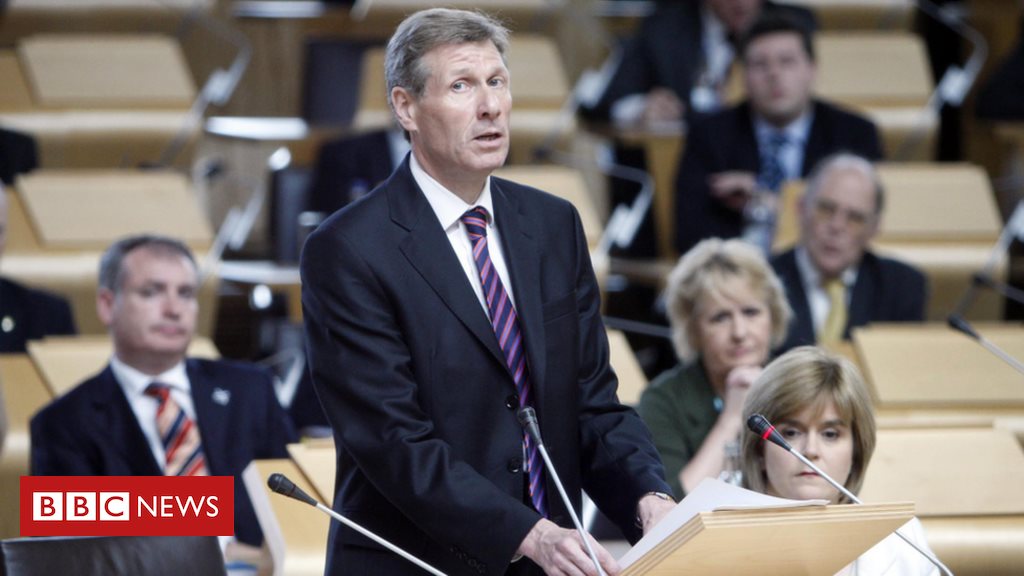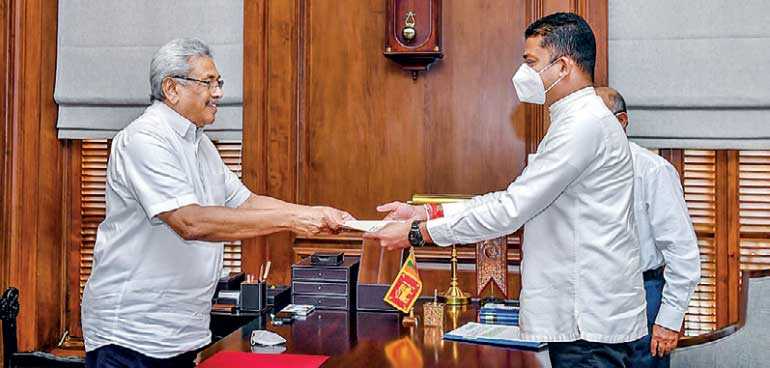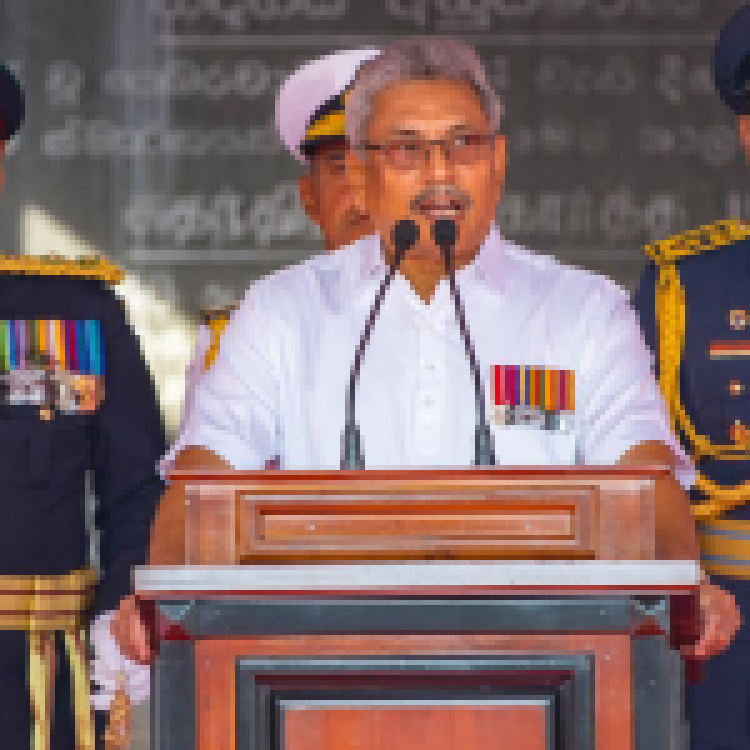
During a British parliamentary debate on Sri Lanka community policing, former Scottish Justice Minister and MP Kenny Macaskill, questioned the resumption of the UK's police training in Sri Lanka and highlighted the controversial appointed Minister of Community Police Services, Dilum Amunugama.
Macaskill asked if Amunugama's appointment 'will be a factor in those criteria'.
Appointment of Ammunugama

Earlier this year Amunugama publically called for the President to act like 'Hitler' and was subsequently sworn in as the State Minister of Community Police Services despite widespread condemnation. Amungama takes up the post as Sri Lanka plan to further increase its police presence. Amungama will oversee 28,000 community police officers, who will play the role of the former 'village headman' and act as intelligence officers for the State in areas where they reside.
Turning a blind eye
The question of UK police training contracts with Sri Lanka has further raised concerns in Scotland due to the Sri Lankan regime's dire human rights record. A number of humanitarian organisations have demanded a Holyrood review, examining the human rights impact of these training programmes. Macaskill himself has gone on the record to state that he regrets turning a blind eye to these abuses and continuing training contracts whilst serving as justice Minister.
Read more here: Former Scottish Justice Minister admits to ‘turning a blind eye’ to the training of Sri Lankan forces
This also follows a war crimes investigation launched by the Metropolitan police examining the actions of British mercenaries in Sri Lanka. Investigative journalist Phil Miller has highlighted the role of the Scottish police in training Sri Lanka's notorious STF (Special Task Force) which are accused of numerous war crimes including burning down Tamil villages.
In response to his question MP Nigel Adams, Minister of State Foreign, Commonwealth and Development claimed that the UK's current police training in Sri Lanka has focused on prevention and investigation of 'gender-based violence' any further police training would be subject to a 'robust Overseas Security and Justice Assitance (OSJA) assessment' to analyse 'potential human rights, international humanitarian law, political and reputational risks of any proposed assistance'.
Read more here



